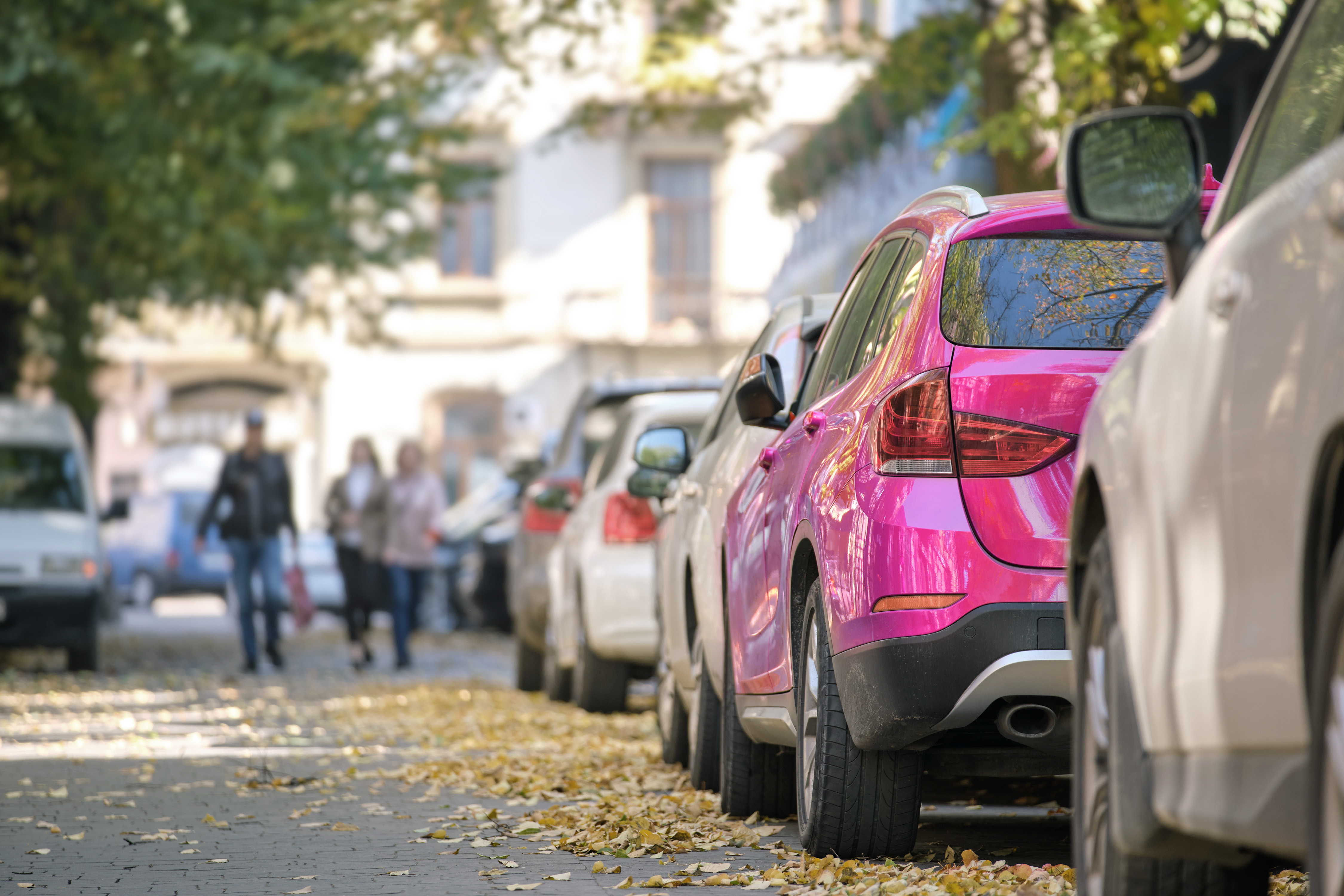Longer parking durations signal rising urban pressure
In many European cities, drivers are parking for longer periods. As cities evolve and travel patterns change, the demand for parking space in cities increases due to this new trend.

In Paris, the average parking duration per vehicle rose by nearly 12 percent between 2023 and 2024 according to a survey conducted by EasyPark Group. Stockholm and Oslo followed closely with increases of ten and nine percent. These increases suggest rising pressure in already space-constrained environments, where longer stays can reduce turnover and limit access to parking for other drivers.
“When average parking durations increase, it often points to a supply-demand imbalance. Cities may need to respond by creating more parking infrastructure, such as additional parking locations, or by adopting smarter pricing strategies. What works in one city might not work in another. With EasyPark Insights, each city can get the right tailored strategy through data-driven decisions”, says Scott Booker, General Manager Parking, EasyPark Group.
Not all cities, however, are experiencing this. Berlin, for instance, recorded a 15 percent decrease in average parking time, potentially indicating a shift toward more efficient usage or changes in how people travel.
Average parking time 2023 vs 2024 - from highest increase to highest decrease
European parking prices in 2025: A mixed picture
Alongside changes in how long people park, EasyPark Group has analysed the cost of parking across 12 European countries for the third consecutive year. The findings reveal variation in price levels across the continent.
Portugal stands out as the most affordable country for parking, with an average hourly rate of €0.9. At the other end of the spectrum, the Netherlands remains the most expensive, with rates averaging €3.0 per hour. Countries like France, Austria, Germany and Norway fall in between.
The differences in parking costs not only highlight local economic conditions but also illustrate how pricing strategies vary depending on infrastructure, demand and priorities in cities. This shows the importance of adapting parking policies to local conditions instead of aiming for a one-size-fits-all approach.
“These shifts highlight how parking prices are influenced by a range of local factors, including the amount of parking spots made available, policy decisions, infrastructure investments, and broader urban mobility strategies. As cities adapt to changing behaviours and demands, price and the supply of available spots remains a key lever in balancing access and availability.”, says Scott Booker, General Manager Parking, EasyPark Group.
Parking prices in 2025 - from most to least expensive
Methodology
To calculate the average parking duration, EasyPark Group analysed data from users of the EasyPark app throughout the full years of 2023 and 2024. The dataset includes anonymised parking sessions across cities, capturing how long individual vehicles remained parked per session, which was then used to calculate the average parking duration per parked car across each city.
To calculate the average parking price for each country, EasyPark Group selected five major cities per country. Within each city, the hourly parking cost for a standard passenger car was collected across all available parking zones. The national average was then calculated based on the mean of these city-level prices.


